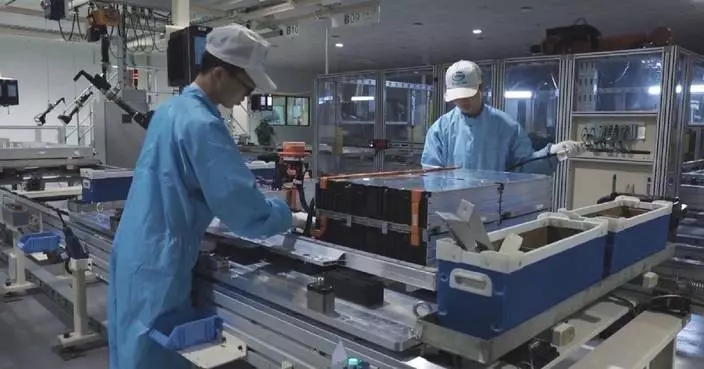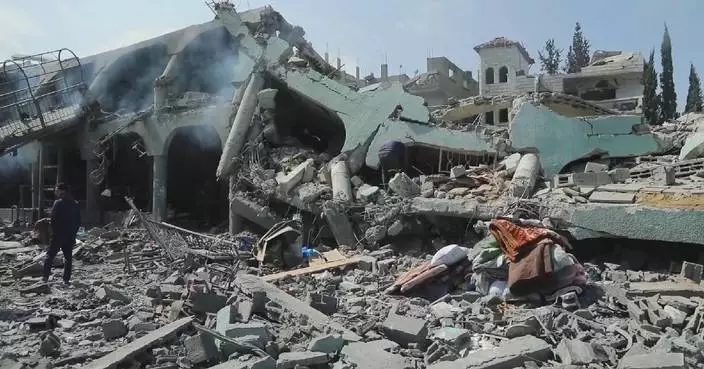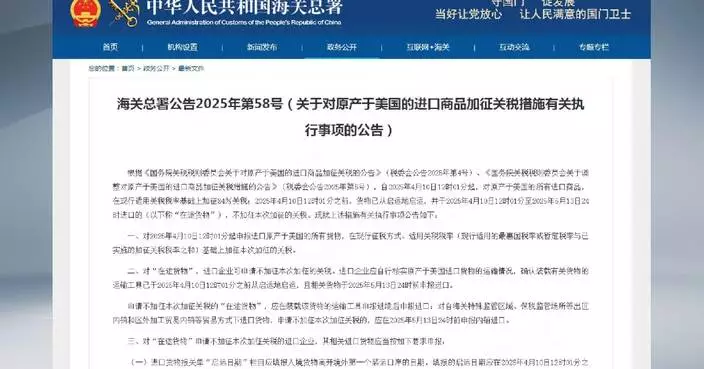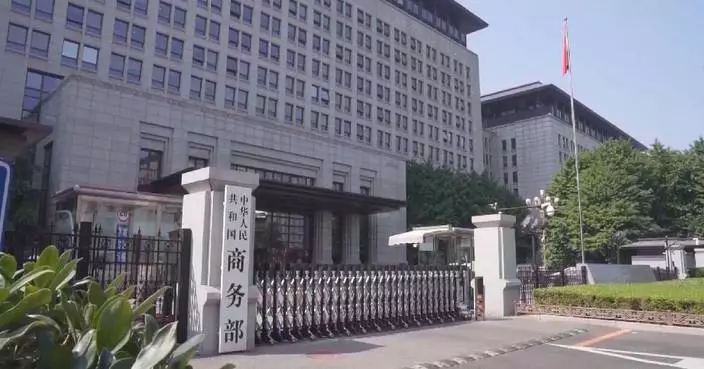Iranian wrestlers are beefing up their preparations for the upcoming Paris Summer Olympics, where the team's coaches and athletes say they are aiming for new heights.
While the country competes across many different sports, it is wrestling that holds its attention. Roman and freestyle wrestling are a source of national pride, accounting for more than half of Iran's Olympic medals.
Iran is one of the strongest teams in the world when it comes to wrestling. The country holds 76 Olympic medals, and its wrestlers have won nearly 50 of them.
Since the Islamic Republic was established in the late 1970s, Iran has won medals in wrestling in all the summer games it's taken part in, and the national team plans to continue this legacy in France.
"It's a very big responsibility to coach Iran's national team. People have the right to expect a lot from the wrestling team, especially our roman wrestlers. All the athletes in our Olympic delegation also expect a lot from us. And I'm hopeful that our six wrestlers can meet the people's expectations," said Hassan Rangraz, coach of the Iranian National Roman Wrestling Team.
Amin Azazadeh is one of the hopefuls this year in the 120-plus kilogram weight category. Ranked number one on the United World Wrestling 2024 list, he is set to compete for gold.
"In the previous Olympics I ranked fifth, but I'm hopeful about winning gold in the coming Olympics. We've definitely faced hard training days due to the importance of this Olympic Games, which are only held every four years. It needs precise planning. My strongest competitors are from Cuba, Türkiye, Russia, and of course the others are also good. No one goes to the Olympics to lose. We are all there to win," he said.
Trophies Iran's national wrestling team has won throughout its history surround the players as they train.
On the walls of the hall, pictures of World and Olympic champions look over the wrestlers to inspire them to new heights.
On their journey to prepare for the Olympics, Iran's national wrestling team has won medals in all the competitions they've participated in over recent months.
The country appears to be on the right track. Its wrestlers won 11 tickets for the Olympics out of the 12 maximum seats set for each country in both Roman and freestyle wrestling.

Iranian wrestlers aim high as they grapple with Olympic training
European industrial leaders and exhibitors at the ongoing Bauma 2025 in Munich voiced mounting concerns over the latest U.S. tariff policies, warning that they could disrupt global supply chains and undermine strategic cooperation.
During the week-long world’s leading trade fair for construction machinery, many industrial insiders pointed out that the newly expanded tariffs encompass an extensive range of products and come with a sharp hike in rates, which are likely to disrupt market dynamics and supply chain resilience in the global engineering machinery industry.
Many analysts believe that the geopolitical considerations behind these policies have become increasingly prominent, further intensifying the strategic uncertainties that European enterprises face in the global market.
"I believe that these tariffs are not good for the market, because at the end it will be bad not only for Europe but also for the State in the long period. I believe that the market should be regulated by innovation, by a nice competition and with competition that is based on the technological race, not with an artificial thing that is coming in the market and is creating problem for all the Europe," said Claudio Ancetti, an Italian expert on construction machinery industry.
The United States market accounts for roughly 10 to 13 percent of Germany’s total exports in recent years, and is one of the largest single export markets for Germany's construction machinery industry. Therefore, the impact of changes in tariff policies on the entire industry is obvious.
Germany's mechanical engineering industry association VDMA has issued a warning, stating that the extensive punitive tariffs imposed by the Trump administration will cause serious damage on both sides of the Atlantic. Not only will they fail to solve the bilateral trade issues, but they will also trigger a spiral confrontation of mutual barriers.
Furthermore, the U.S. manufacturing industry, in several key technological fields, still highly relies on the supply of mechanical equipment from Europe, especially Germany. For decades, German and European machinery manufacturers have been important partners of the U.S. industrial system, but now, this cooperative chain is facing the risk of being artificially severed.
The damage will not only hit European exporters hard but also seriously impede the process of industrial transformation and upgrading in the United States itself.
"The U.S. tariff policies will certainly cause many destructive impacts. It's not a good thing for people. But we are not directly affected. The victims are the U.S. customers. They have to pay these tariffs and additional fees," said Andreas Diener, a German construction machinery supplier.
Industry insiders also noted that tariffs have shifted from being just a basic trade instrument to becoming an important variable in shaping corporate strategy within today’s highly interconnected global industrial chain.
In addition to calling on major economies to return to rationality and enhance multilateral coordination, the companies are attempting to find stable development anchor points amid the uncertainties of the geo-economic situation by accelerating the adjustment of supply chain layout and deepening cross-regional cooperation.
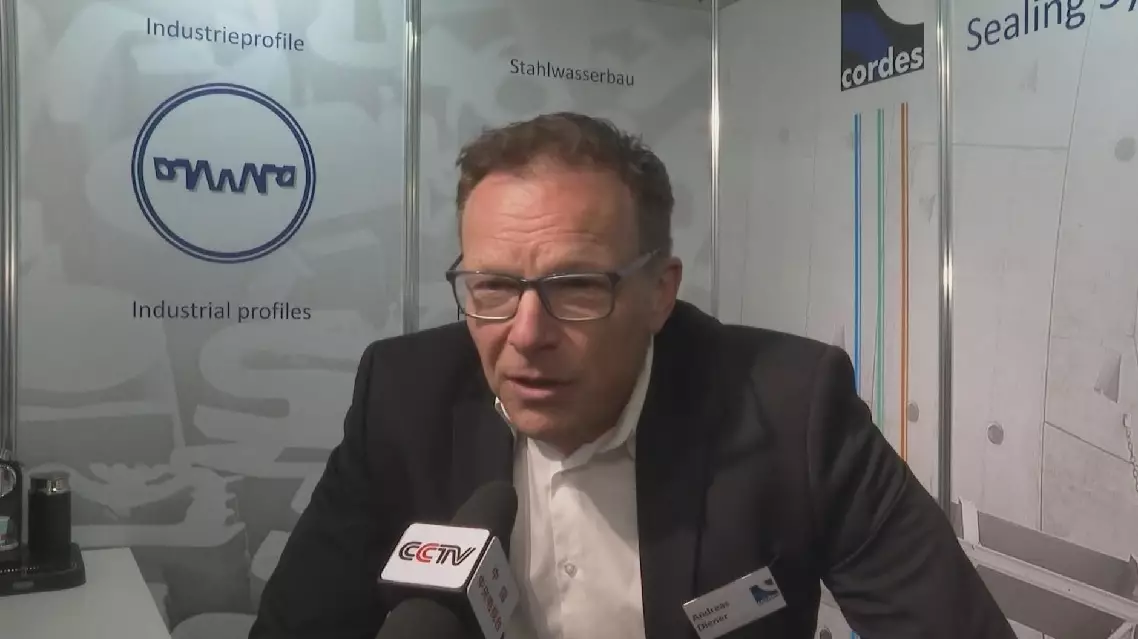
US tariffs threaten transatlantic supply chains: European industry insiders
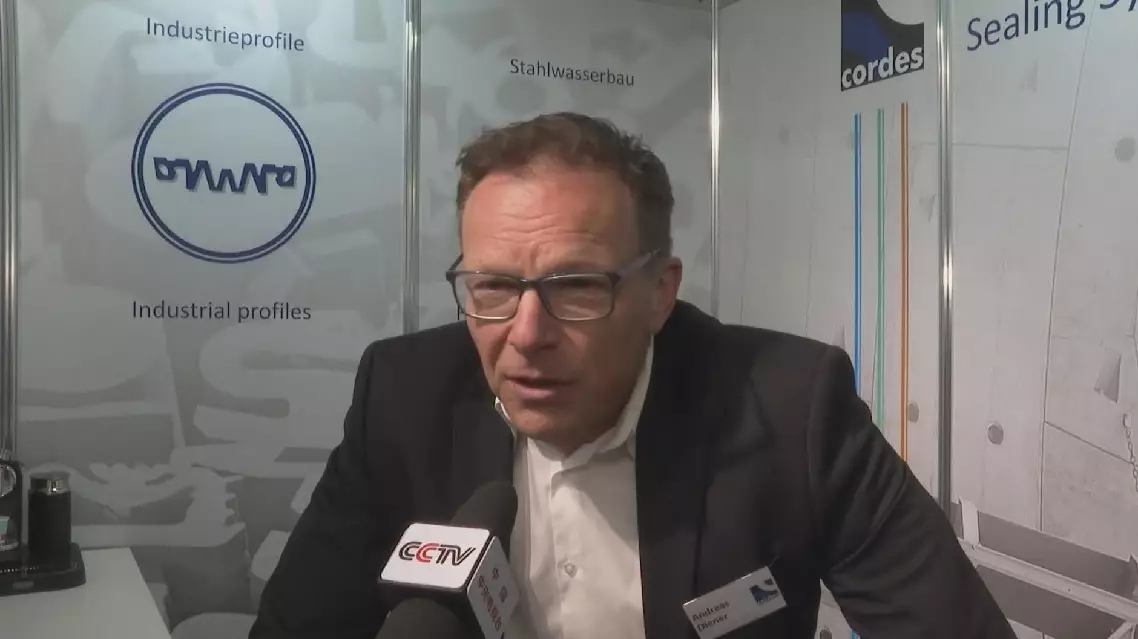
US tariffs threaten transatlantic supply chains: European industry insiders







